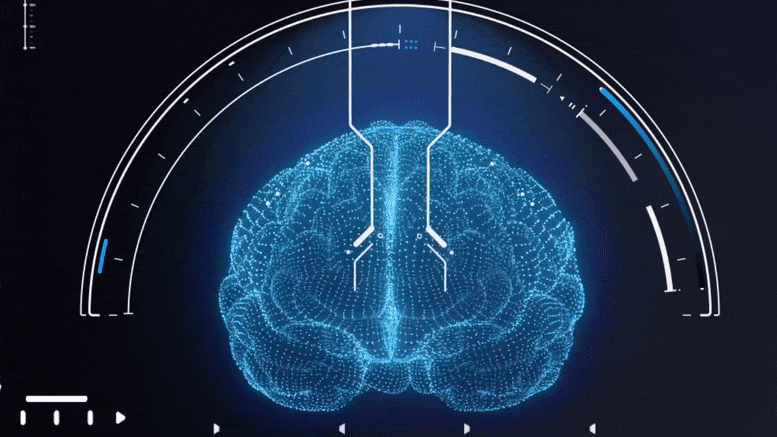AI Can Detect Signals for Mental Health Assessment |
 |
| A study published today by an interdisciplinary collaboration, directed by Denis Engemann from Inria, demonstrates that machine learning from large population cohorts can yield “proxy measures” for brain-related health issues without the need for a specialist’s assessment. The researchers took advantage of the UK Biobank, one of the world’s largest and most comprehensive biomedical databases, that contains detailed and secure health-related data on the UK population. This work is published in the open access journal GigaScience. Mental health issues have been increasing worldwide, with the WHO determining that there has been a 13% increase in mental health conditions and substance abuse disorders between 2007 and 2017. The burden these diseases place on society is extensive, negatively impacting nearly every area of life: school, work, family, friends, and community engagement. Among the many issues impeding the ability of society to address these disorders is that diagnoses of such health issues requires specialists; the availability of which ranges drastically across the globe. The development of machine learning methodology for the purposes of facilitating mental-health assessments could provide a much needed additional means to help detect, prevent and treat such health issues. |
Oct 16th, 2021 |
| source |